Level 34 - Stories
6 Lessons
1
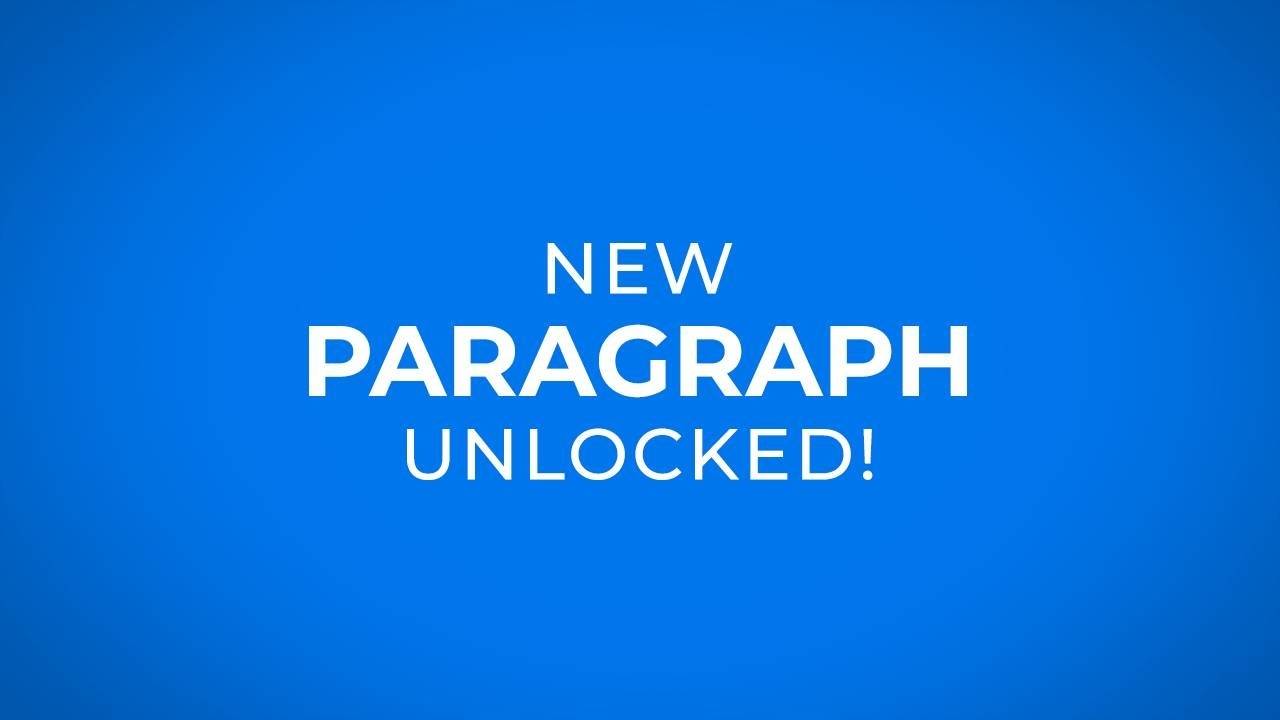
Patience 耐心 - Paragraph 1 第一段
2
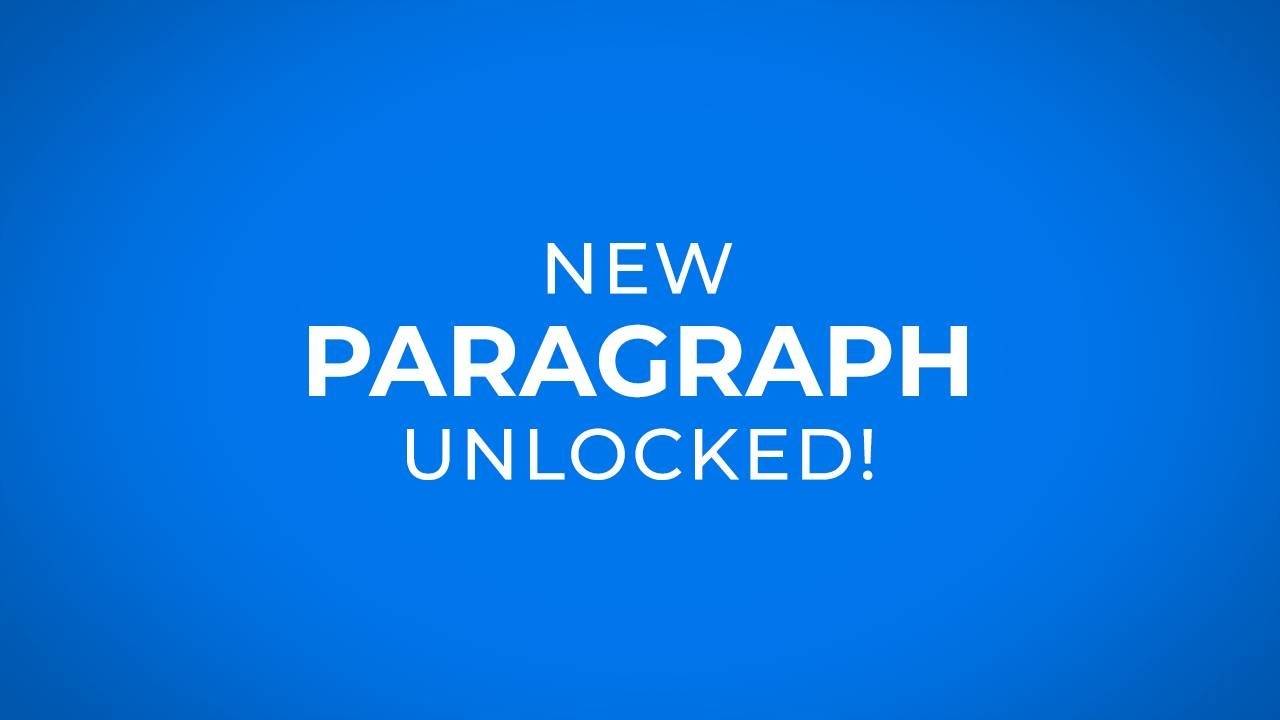
Cao Chong Weighs The Elephant 曹冲称象 - Paragraph 2 第二段
3
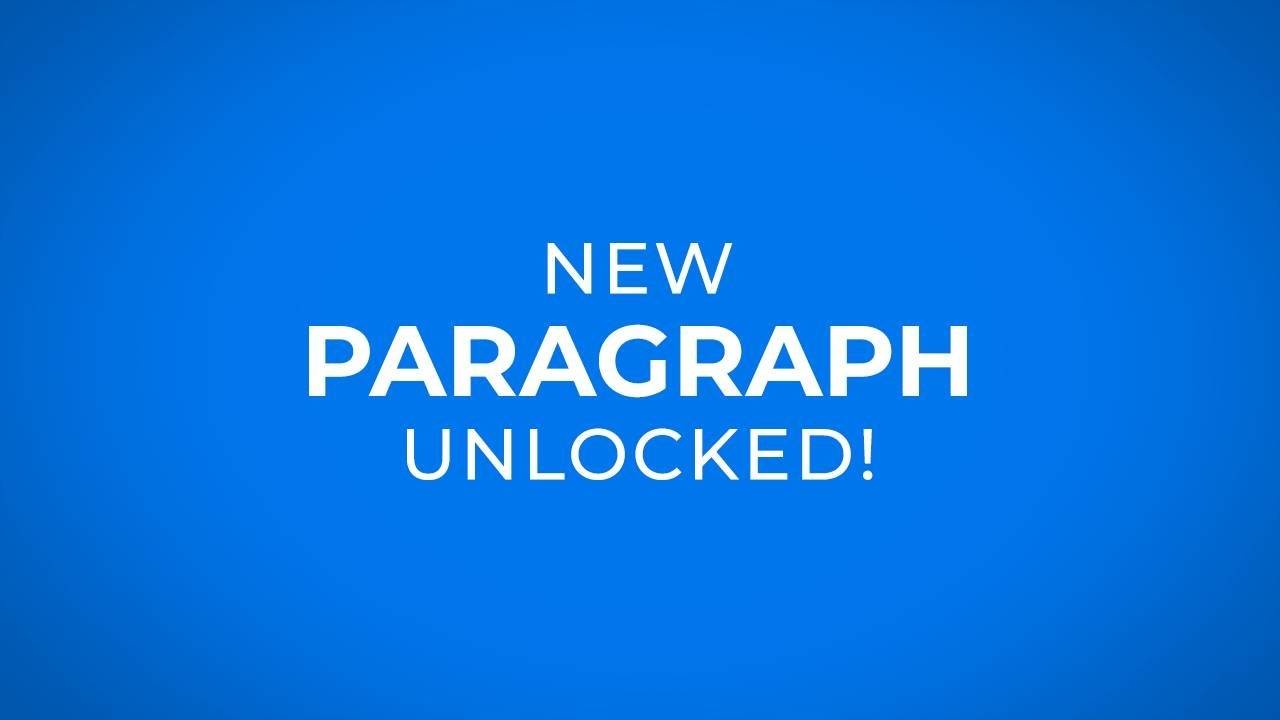
Sleeping Beauty 睡美人 - Paragraph 5 第五段
4
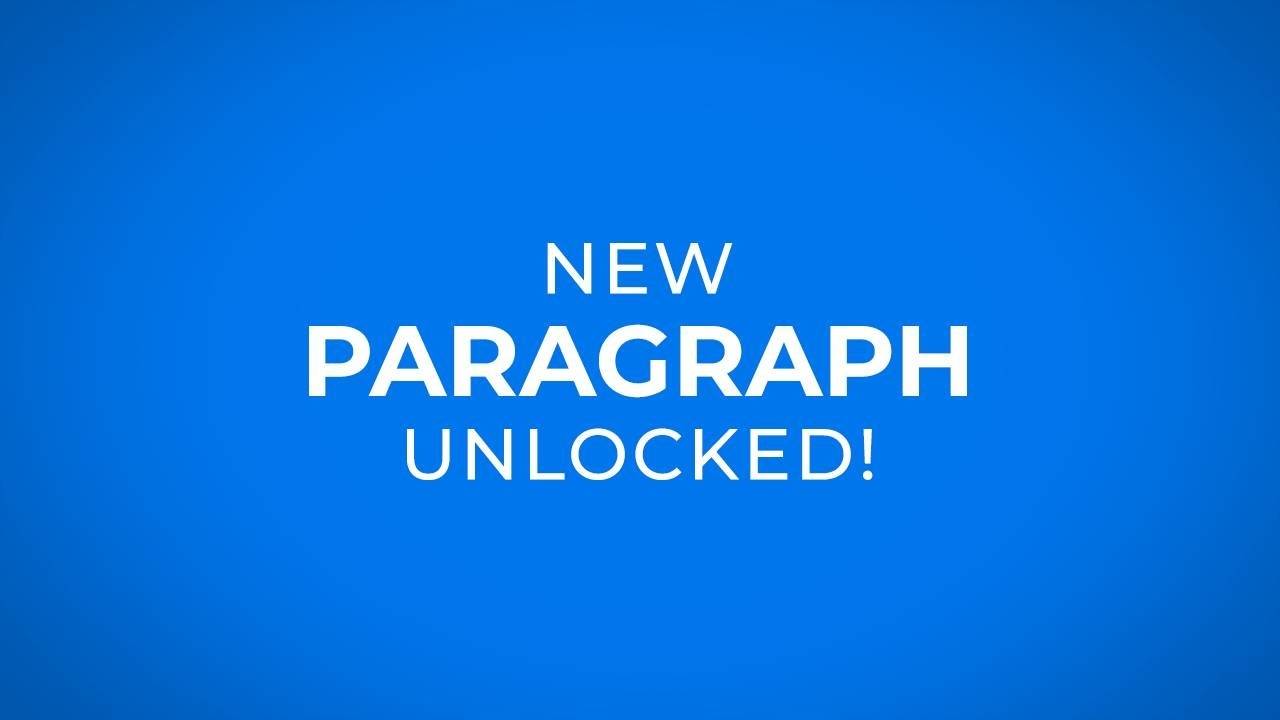
Little Red Riding Hood 小红帽和大灰狼 - Paragraph 1 第一段
5
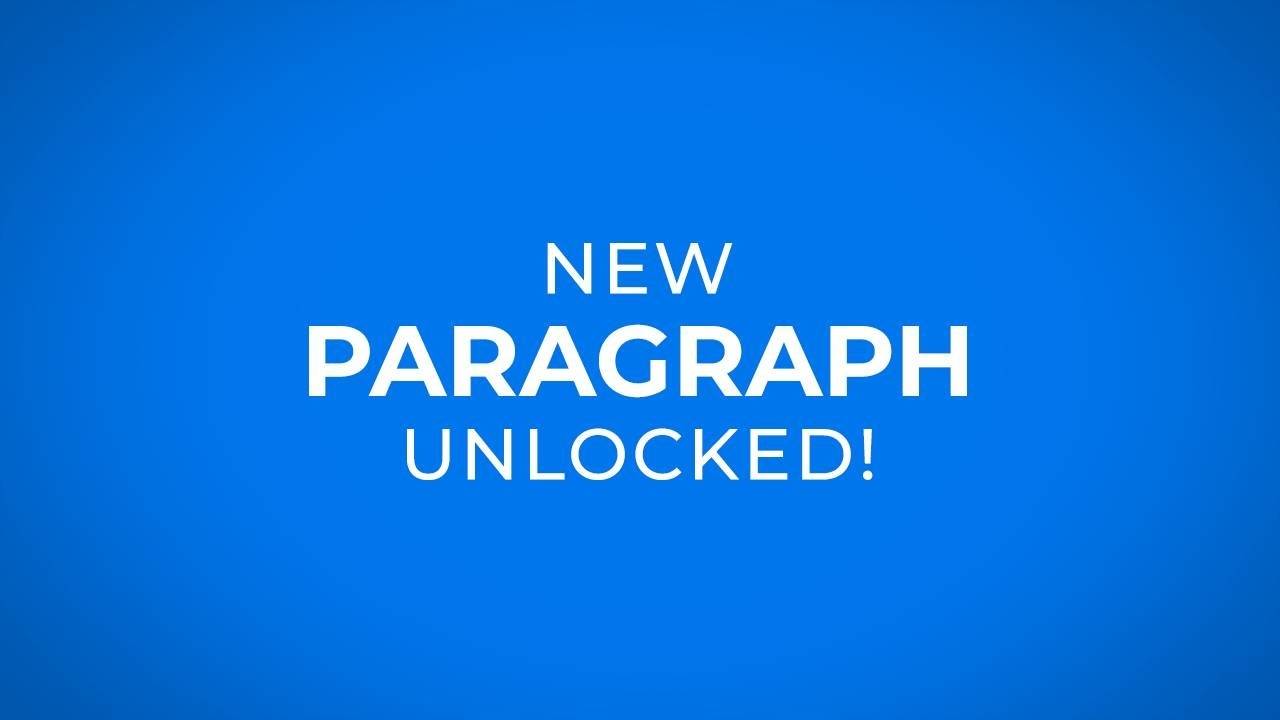
Nighttime Beauty, Daytime Witch 巫婆与美女 - Paragraph 2 第二段

Cao Chong Weighs The Elephant 曹冲称象 - Full Story 90% Comprehension
Next Character
Cao Chong Weighs The Elephant 曹冲称象 - Full Story 90% Comprehension
Text
Note: The text is pasted here in case you want to copy/paste one of the words into a dictionary app, but the above video and zip file download are best inputting the content as they have audio and text-tracking.
从前,在中国的历史上,有一个出名的人叫曹操。曹操有一个儿子叫曹冲,他有一个中国人都知道的有名的故事,名字叫做曹冲称象。
有一天,在曹冲家的附近来了一头象,大家都跑出来看大象,小孩儿们看到大象都开心得又唱又跳,曹冲也跑出来了。这头大象什么都大,几个小孩子手拉手才能抱住它的腿。这时,有个小女孩问:"谁知道大象有多重?" 有的人说"一百公斤",有的人说:"不可能,大象怎么会这么轻呢?应该有两百多公斤" 大家都争个不停,谁也说服不了谁。"称一称不就知道大象有多重了吗?" 突然,大家听到一个小男孩的声音。可是,怎么称呢?大象那么大,谁去称的那头呢?
正当大家都没办法的时候,曹冲站到大象前面,说:"我有办法!"大家一听都觉得很有意思,都等着看曹冲怎么解决这个问题。曹冲先让大家给他搬石头过来,越多越好,越大越好。大家都不知道他想做什么,但还是听他的话,搬来了很多石头,没有一会儿,石头就和山一样高了。然后,曹冲让大象走上称去。大象一走上去,称的另一边就高到了天上去了。这时,曹冲让大家把石头一个一个放到称上去,大家你一个我一个,很快就把地上的石头都搬到了称上去。慢慢地,大象的一边变高了,而另一边变低了,最后两边平了。曹冲说:"现在我们只要知道石头的一共有多重,那就可以知道大象有多重了。" 没想到,大人都想不到的办法,被一个小孩儿想到了。从那天起,曹冲聪明的故事就人人都知道了。
Top-Down Words
从前 - formerly
历史上 lìshǐ shàng - in history
曹操 - Cáo Cāo
曹冲 - Cáo Chōng
故事 gùshi - story
称 chēng - to weigh
附近 fùjìn - nearby
跳 tiào - to jump
手拉手 - to join hands
抱 bào - to embrace
腿 tuǐ - leg
争 zhēng - to argue
突然 tūrán - suddenly
搬 bān - to move; to transport
聪明 cōngming - clever
称 chèng - balance scale
把 bǎ - (shifts object before verb)
放 fàng - to put, to place
而 ér - on the other hand
低 dī - low
平 píng - equal; at the same level or weight
知道 zhīdào - to know
How to Use This Lesson
Step One
Watch the video here on the course platform. Feel free to take as much time as you'd like to understand the content, but don't feel obligated to understand the text right now fully. You'll download the video and return to it later.
Step Two
Download the zip file from the sidebar (desktop/laptop) or below this description (Mobile APP). That zip file contains the following:
- Text tracking video(s) MP4 file(s)
- Audio MP3 file(s)
- Image file of the text & top-down words for your reference
Step Three
At a time of your choosing, use the video files to practice shadowing. If you need a reminder, this lesson explains how to shadow. These video files are ideal for shadowing, especially if you download them to your phone because you can walk around while doing it.
Click Here to Navigate to All Phase 5 Stories







Lyuboslava Jordanova
I have a question regarding one part of the sentence: 小孩儿们看到大象都开心得又唱又跳
Will be there any difference in meaning between 开心得又唱又跳 and 开心地有唱有跳。 Does the first phrase means "singing and dancing with joy“, and the second one "happily singing and dancing"?
Mandarin Blueprint
Yes. The 得 shows the idea the she was so happy that she danced and sang, whereas the second one means "singing and dancing with joy“
MB Team
This is where Luke and Phil talked about your question in the Mandarin Blueprint Podcast:https://www.youtube.com/watch?v=TTEcCcQFTkw&t=2175s
Lyuboslava Jordanova
I am sorry, I've made a mistake with 有/又. What I wanted to ask was: will there be any difference in meaning between the usage of 得 and 地 after 开心 ( Does the first (得)phrase means "singing and dancing with joy“, and the second one (地) "happily singing and dancing"?)
Mandarin Blueprint
No worries I assumed that's what you meant. My text answer above should have the information you need. Let me know if you need further explanation!
Oscar Haglund🤝
For those interested, 曹冲 is the son of 曹操 who is one of the main actors in the "romance of the three kingdoms" story which is arguably the most famous Chinese piece of literature together with "journey to the west". In the original story, 曹冲 weighs the elephant using water displacement in a boat. I imagine it was changed here to use simpler words.
MB Team
This is where Luke and Phil talked about your question in the Mandarin Blueprint Podcast:https://www.youtube.com/watch?v=sIM-AU8DH0o&t=1613s
Nacho En
I was focusing not only shadowing each story, but also studing step by step every sentence, but now it's a bit overwhelming with all those stories, really interesting ones! but also overwhelming if I try to study every sentence of every story. Do you consider I need to keep the method I've been using until now (shadowing and then studing every sentence) or on the other hand if I just focus on shadowing, step by step I will understanding everything, so like that I would improve my study method?
Thank you Luke and Phil once more, you're the best!
Mandarin Blueprint
We had a similar question from Eleanor that Phil answered, should be helpful!:
https://www.loom.com/share/22a54fab8eba4bfdb38284fd73b192ae
I think at only 90% comprehension, you're giving yourself a rather big challenge to understand and study every sentence. Perhaps wait until 98% comprehension before you really dive in.
MB Team
This is where Luke and Phil talked about your question in the Mandarin Blueprint Podcast:https://www.youtube.com/watch?v=kS8EPK03ULM&t=1773s